What is a Registered Clinical Counsellor?
Registered Clinical Counsellors (RCCs) are specifically trained to help people improve and maintain their mental health and well-being. RCCs work with many kinds of people: individuals, couples, and families in individual and group settings. Clinical counselling is typically sought when a person experiences challenging situations, thoughts, feelings, or circumstances.
RCCs can be found in many different areas across BC. While many RCCs work in private practice, RCCs can also be accessed in hospital settings, care facilities, rehabilitation centres/programs, employee assistance programs, universities, and more.
Scope of Practice
Psychotherapy is the act of assessment, engagement and treatment of cognitive, behavioural, emotional and relational distress and disorder, delivered through structured communication within a psychotherapeutic relationship of care.
In the course of practicing psychotherapy, a person may:
a. assess a client’s behavioural, cognitive, emotional and relational functioning
b. determine a course of care delivered by psychotherapeutic approaches and means
c. engage and treat a client’s distress and disorder of behaviour, cognition, emotion, relationship or other psychologic domain that impairs the subject’s adaptive functioning, wellness and quality of life.
How does clinical counselling happen?
Clinical counselling can occur in many ways and through many different modalities. Some common examples of the structure of counselling/psychotherapy include:
- individual therapy
- couples therapy
- family therapy
- group therapy
RCCs do not diagnose or prescribe. Clinical counselling is a partnership between RCC and clients, who work together to reach agreed upon goals and outcomes.
What to expect:
Clients who seek the services of an RCC should expect:
- a conversation about the benefits, risks, and expected outcome(s) of clinical counselling and the opportunity to give their informed consent
- a clearly communicated and mutually agreed upon goal or plan for clinical counselling
- each counselling session has a clear beginning and a clear end where problems or concerns are presented and discussed, and outcomes are explored
- the RCC demonstrates the appropriate use of boundaries and offers a safe and confidential environment
These essential elements are part of the effective therapeutic relationship that is foundational to the practice of clinical counselling. RCCs are required to:
- ensure that the client’s well-being is at the forefront of the relationship
- work with the client(s) to gather relevant information that will support the overall goals and outcomes of clinical counselling
- engages in ongoing evaluative processes of the client’s experience and the therapeutic course of care
- practice safe and effective use of self throughout the clinical counselling process a
- adhere to BCACC’s Standards of Practice and Code of Ethics


